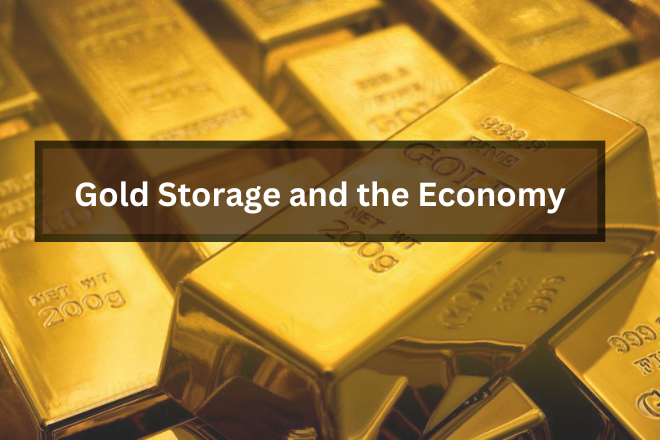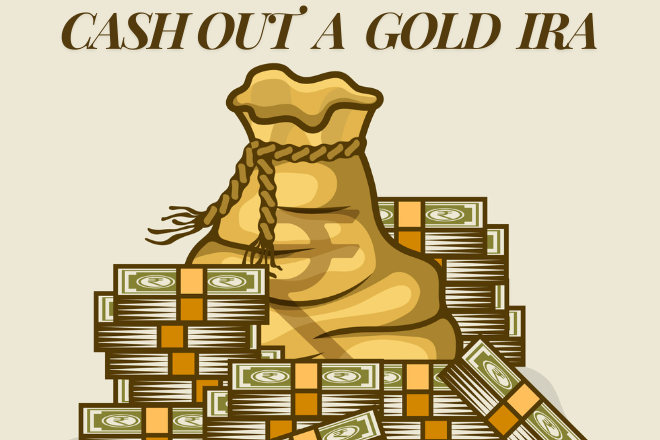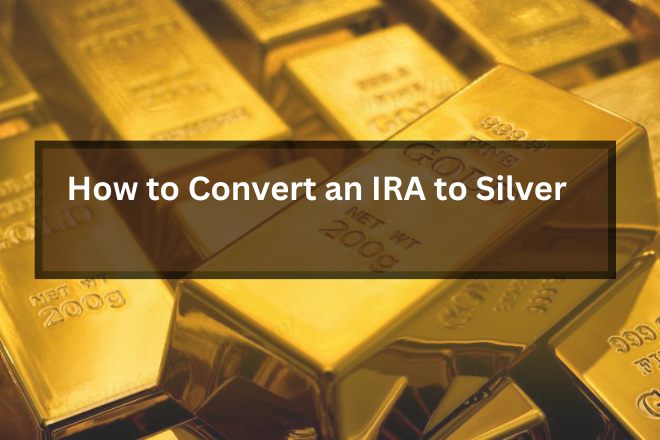Gold Storage and the Economy

Gold has long been a symbol of wealth and stability, but its role extends beyond just a precious metal. “Gold Storage and the Economy” delves into how the strategic storage of gold affects global financial systems, investment strategies, and economic growth. As central banks and investors hold gold to hedge against inflation and economic instability, the way gold is stored and managed can significantly influence market dynamics and economic stability. This article will explore the interconnected relationship between gold storage and the broader economic landscape.
The Role of Gold in the Global Economy
Gold has been used as currency and a store of wealth for thousands of years. Its value has remained relatively stable compared to other forms of currency, which can be affected by inflation, political instability, and market fluctuations. While modern economies no longer use the gold standard (a system where the value of currency was directly linked to gold), gold reserves still play a critical role in maintaining the economic stability of countries.
A Hedge Against Inflation and Economic Crisis
One of the main reasons governments and investors hold gold is that it serves as a hedge against inflation. When the value of paper currency declines due to inflation or devaluation, gold typically retains its value or even appreciates. This makes gold an attractive asset in times of financial uncertainty.
During economic downturns or crises, gold also tends to outperform other investments. Its inherent value makes it a safe haven for investors looking to protect their wealth. This is why central banks around the world, including the Federal Reserve in the United States, continue to hold significant quantities of gold as part of their overall reserves.
Central Banks and Gold Reserves
Central banks are the biggest holders of gold worldwide. For these institutions, gold storage is a key element of their monetary policy. While they may not actively trade gold daily, holding gold reserves allows them to stabilize their national currency and manage foreign exchange risks. In addition, gold can be used to settle international trade imbalances or debts between countries.
Central banks typically store gold in highly secure locations, either domestically or in trusted foreign vaults. The fact that gold is held physically—rather than being just a number on a balance sheet—adds to its value as a financial asset.
How Gold Storage Impacts the Economy
While we often think of gold as a static store of value, how and where gold is stored can have direct and indirect impacts on the economy. Here are some key ways in which gold storage relates to economic factors:
Trust in the Financial System
Gold reserves contribute to trust in a country’s financial system. A country with significant gold reserves is viewed as more financially stable because it has tangible assets backing its economy. This trust extends beyond domestic borders; international investors and other countries view strong gold reserves as a sign of economic health.
A nation’s ability to store and safeguard gold also plays a role in maintaining confidence in its currency. The belief that a country has substantial gold holdings helps strengthen its currency’s value in global markets, even if the economy is going through turbulent times.
Foreign Exchange and Trade
Gold is often used in international transactions, especially between central banks and governments. When nations face a deficit in their balance of payments, they may use gold to settle debts. This allows them to maintain financial credibility and avoid relying solely on their currency, which may be fluctuating in value.
Countries that hold significant gold reserves can also use these assets to influence their currency’s value. For instance, by increasing or decreasing their gold reserves, central banks can adjust their foreign exchange holdings to manage currency exchange rates, thereby influencing trade.
Economic Policy and Stability
Countries with substantial gold reserves can make more informed and stable economic policies. Since gold serves as a buffer against economic shocks, policymakers in countries with significant gold holdings have greater flexibility when dealing with issues like inflation, currency depreciation, or capital flight.
Additionally, in times of crisis, gold can be sold or used as collateral to raise funds for the government. This provides a level of security and stability that paper currencies or debt-based financial systems may not offer.
Private Gold Storage and Economic Behavior
The way individuals and businesses store gold also impacts the economy. Private investors who purchase gold as part of their portfolio often do so to hedge against inflation or economic downturns. By storing gold, they help to stabilize demand for the metal, which can indirectly affect its price on the global market.
The gold storage industry—comprising vaults, depositories, and other secure storage services—also contributes to the economy. The growth of this sector reflects the increasing interest in gold as an investment vehicle, especially during times of economic uncertainty.
Gold Storage Locations, Fort Knox and Beyond
The U.S. government holds the majority of its gold reserves at Fort Knox, Kentucky, though other storage sites include the Federal Reserve Bank of New York and the West Point Bullion Depository. These facilities are among the most secure in the world, with layers of protection, including advanced surveillance systems, armed guards, and military oversight.
These storage sites ensure that the country’s gold reserves are safeguarded, contributing to the nation’s financial and economic security. The very existence of these secure facilities also helps to solidify the global perception of the U.S. as a stable economic power.
The Relationship Between Gold and the Dollar
While the U.S. dollar is no longer directly tied to gold, the two still have a close relationship. The price of gold is often inversely related to the strength of the dollar. When the dollar weakens, gold prices tend to rise as investors seek out safer assets. Conversely, when the dollar is strong, gold prices may decrease as investors opt for other investments.
Because of this relationship, gold reserves are often seen as a way to hedge against fluctuations in the value of the dollar. Central banks, investors, and even governments view gold as a way to protect themselves from currency risk.
The Future of Gold Storage and Its Economic Role
As the global economy evolves, gold’s role in financial systems may shift, but it is unlikely to disappear entirely. Digital currencies and other technological advancements have prompted some to question the relevance of gold in the modern economy. However, gold’s intrinsic value, combined with its role as a safe haven asset, ensures that it will remain an important part of financial systems for the foreseeable future.
In addition, gold storage will continue to be a critical factor in economic stability. Whether it’s held by central banks, private investors, or governments, gold will remain a tangible asset that can be relied upon in times of crisis.
FAQs
Why do central banks store gold?
Central banks store gold as a reserve asset to stabilize their currency, manage inflation, and protect against economic crises. Gold also serves as a tool for settling international transactions.
Where is US gold stored?
The majority of U.S. gold reserves are stored at Fort Knox, Kentucky, as well as other locations like the Federal Reserve Bank of New York and West Point Bullion Depository.
How does gold storage impact the economy?
Gold storage affects the economy by contributing to financial stability, instilling confidence in currency values, and acting as a hedge against inflation. It also plays a role in international trade and foreign exchange.
Why is gold considered a safe-haven asset?
Gold is considered a safe-haven asset because its value tends to remain stable or increase during times of economic uncertainty, making it a popular investment when other markets are volatile.
Does private gold storage affect the economy?
Yes, private gold storage by investors can impact the economy by influencing gold demand and prices. The gold storage industry itself also contributes to economic growth through services like vaults and depositories.
Conclusion
Gold storage and the economy are deeply intertwined. Gold has long served as a store of value, and its role in global financial systems remains crucial even in the modern era. From central banks to private investors, the storage and management of gold reserves help stabilize economies, instill trust in financial systems, and provide security in times of uncertainty.
As economies evolve, the role of gold may change, but its importance as a hedge against inflation, a safeguard during economic downturns, and a tool for international trade remains strong. In this way, gold storage will continue to play a pivotal role in the global economy for years to come.






